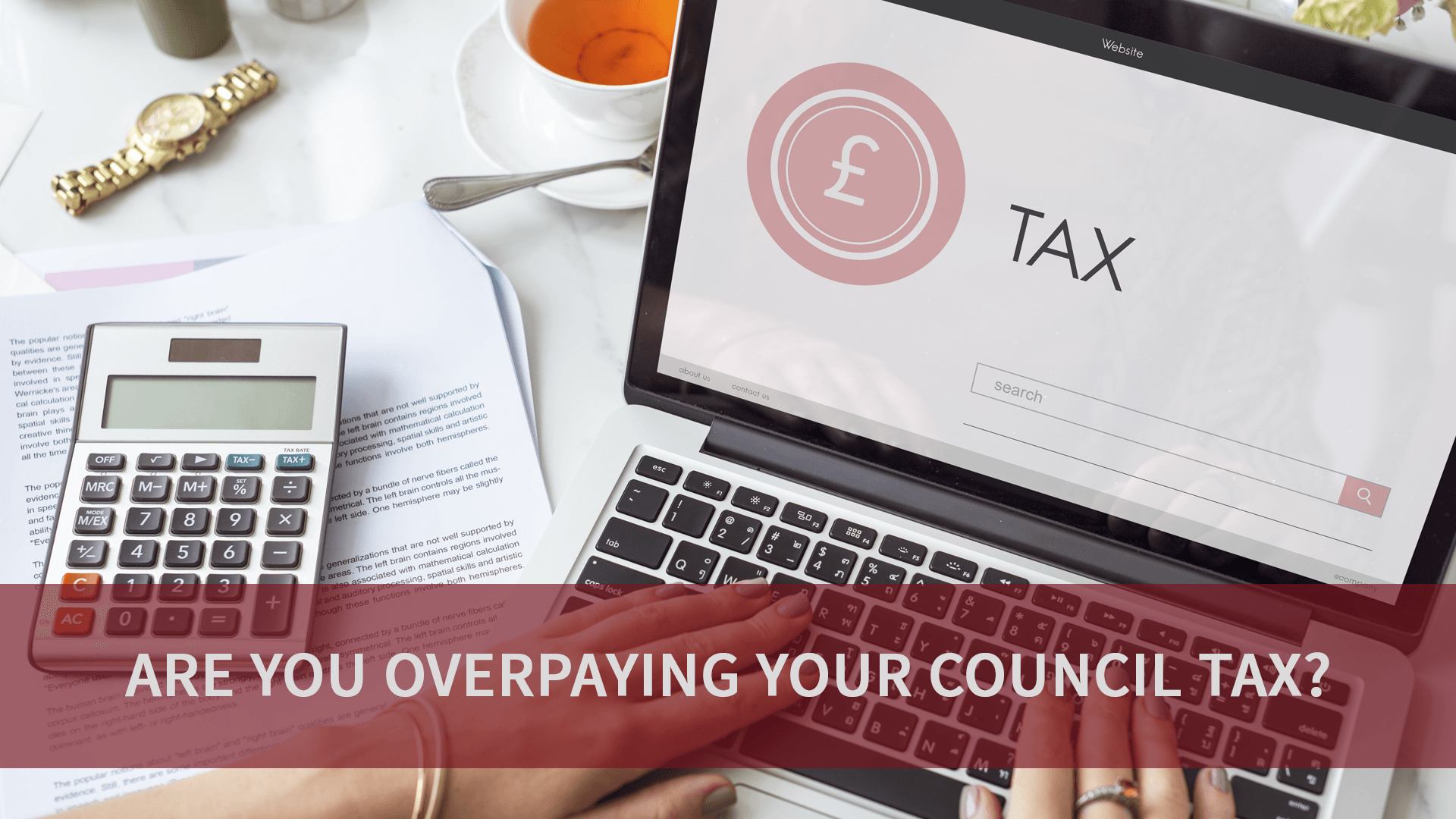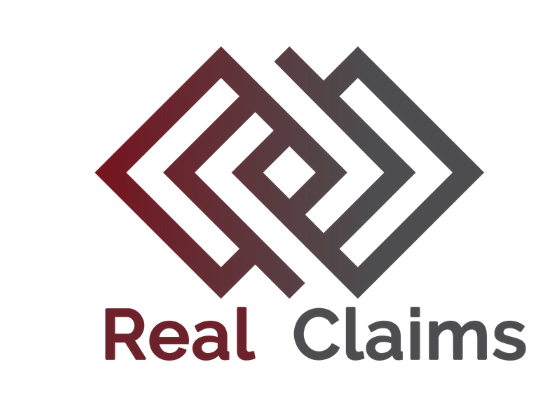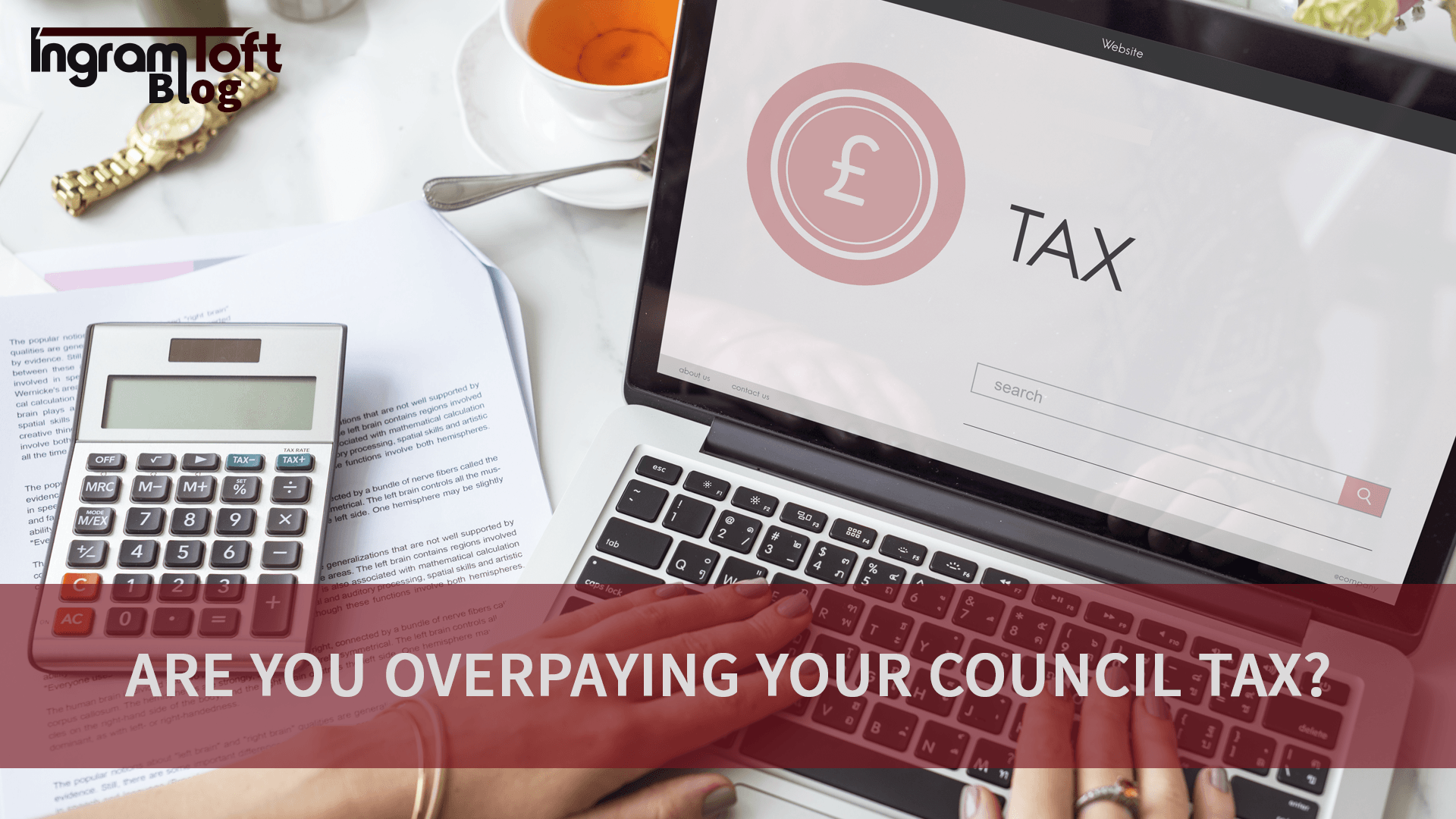Unaffordable Loans from Irresponsible Lenders
- High-interest rates and fees: Loans with excessive interest rates, like payday loans or some personal loans, can quickly become difficult to repay.
- Insufficient affordability checks: Lenders are supposed to assess whether you can afford a loan before offering it. If this process is not done properly, you could end up with a loan that’s beyond your means.
- Changes in personal circumstances: Unexpected events like job loss, medical emergencies, or other financial setbacks can turn a previously affordable loan into an overwhelming burden.
- Debt accumulation: The inability to repay loans often leads to more debt, as missed payments result in late fees and interest piling up.
- Credit score damage: Late or missed payments will negatively impact your credit score, making it harder to get loans or credit in the future.
- Stress and anxiety: Financial stress from struggling with unaffordable loans can impact your mental health and overall well-being.
- Legal action: In some cases, lenders may take legal action to recover the debt, leading to wage garnishments, asset seizures, or bankruptcy.
- Do your research: Before taking out a loan, carefully research the lender, the interest rates, and the terms and conditions. Use loan calculators to estimate your monthly payments.
- Check your budget: Make sure the loan fits comfortably within your monthly budget, and consider whether you’d still be able to make payments if your financial situation changed.
- Avoid high-interest loans: Be cautious of payday loans, guarantor loans, or other high-interest loans, which can quickly become unaffordable if not repaid in full on time.



Here are the areas of claims we deal with:
Affordability Claim:
- Guarantor Loan
- Doorstep Lending
- High Cost Lending
- Catalogue Credit
- Credit Card
- Logbook Loan Claim
- Rent-to-Buy
- Pawnbroker Claim
Non-Affordability
Mis-selling
- Mis-sold Broadband
- Packaged Bank Account
- Mis-sold Motor Insurance
- Miscalculated Mortgage
- Mis-sold Home Insurance
- Mis-sold Mobile phone insurance
- Critical Illness Insurance Claim
- Mis-sold Car Finance
Nevertheless, we have represented individuals in diverse legal areas and the list is continuously growing.
The reason why we posted this blog is for you! We wanted to build your trust and encourage you to interact with us. If you have questions, suggestions or recommendations, we encourage you to share your thoughts here to help us improve our processes to better serve you in the future.
Comment below!
Guarantor Loan Compensation: What is it all about?
NOTE: if your household income has been affected by the pandemic, you can ask Amigo and other guarantor lenders for a three-month payment break. During this time the lender should NOT be able to ask you or your guarantor for payment. If you already had one payment break, you can ask for a second three-month break if you are still affected.
This applies whether or not you are making an affordability complaint, which is what the rest of this article is about.
A guarantor loan is an expensive loan. Amigo is one of several lending companies that offer this type of loan. They have recently admitted to their flaws such as their inability to execute affordability checks prior to lending. They have also confirmed to have put aside millions of pounds to redress claims.
Their clients had overlapping loans and struggled with their payments. Believing that they were mis-sold loans, they will be able to make their claim for any fees and charges paid plus an additional 8% compensatory interest.
This is not only applicable to Amigo loans. You may also submit a claim against other guarantor lending companies. Here are some of the companies we deal with:
1Plus1
SUCO
Buddy Loans
Talk Loans
George Banco
TFS
Guarantor My Loan
TrustTwo
LendFair
UK Credit
Glo Guarantor
What is expected from the lender before granting a loan?
Proper assessments should have included a review of one or more of the following:
- A review of our client’s bank statements
- An analysis of our client’s income and expenditure
When a customer asks for a loan, the lending company must conduct proper credit and affordability checks to ensure the customer will be able to repay the loan. However, these important steps are somewhat neglected, especially for the repeat customers. In most cases, the lender would allow a customer to make a reloan without checking their current financial situation and without reviewing any change made during or after they had taken the previous loan.
More often than not, the lending company grants another loan even before the client finishes the previous one. This entails irresponsible lending which the customer can complain about. Our basis for filing a complaint falls under the general heading of Inadequate Affordability Assessments.
Watch our short video regarding Guarantor Loan Claim: https://youtu.be/KKleMpRCqoo
Who are entitled to a compensation?
If you are a borrower or a guarantor, you can qualify for a claim if you relate to any of the following reasons:
- The loan was unaffordable to you.
- A top-up to a previous loan was not explained to you.
- You were pressured into becoming a guarantor.
- You had other financial links to the borrower.
- You did not properly understand what being a guarantor meant.
What is an affordability complaint?
Paying early does not mean the loan is affordable. It should rather cause concerns to the lending company. That could be the sort of behaviour indicating that someone is facing problems in managing their money and may need to refinance with loans on a regular basis. So, taking that into account before lending another loan would have been reasonable and responsible.
Of course, the loan payments being affordable on this basis might indicate that a consumer could sustainably make their repayments because they were paid early. However, it does not automatically follow in this case. This is because the Consumer Credit Sourcebook ("CONC") defines sustainable as “being without undue difficulties.”
In particular, the customer should be able to make repayments on time, while meeting other reasonable commitments and without having to borrow to meet the repayments. It also follows that a lender should reasonably and fairly realise that a borrower will not be able to make their repayments sustainably if they are unlikely to make their repayments without having to borrow further.
If this situation is familiar, you might need to make an affordability complaint.
In 1991, the new council tax system was launched. The government needed every property in the land to be put in a valuation band. But because time was short and the job was extensive, the people in charge asked estate agents and other relevant parties for help to hasten the process.
Despite having all hands on deck, it was not enough to cover each property accurately. As a result, you may have been wrongly evaluated. You could be paying more than your neighbor, even though you live in exactly the same property size.
A lot of people are overpaying their council tax without even realizing it. Here are some of the reasons for overpayment:
- You did not sign up for a single person’s discount. If you are living by yourself, you are entitled to a 25% discount.
- You are living with a person with severe mental impairment such Alzheimer’s or Parkinson’s Disease. As such, you should be getting a 25% discount.
- You are in the wrong band, also known as a banding alteration.
- A discount has been awarded.
- An exemption has been awarded.
- A customer leaves the property and ends their liability.
- Council tax support has been awarded.
- Customer has simply overpaid.
If you are not getting your entitled discount for years, you must put a complaint in to claim it back.
Changes that may affect your Council Tax band
Your property may be revalued and put in a different band due to certain circumstances, for example:
- You demolish part of your property and did not rebuild it.
- You alter your property to create 2 or more self-contained units, such as an annex wherein each unit will have its own band.
- You split a single property into self-contained flats.
- You convert flats into a single property.
- You start or stop working from home.
- The previous owner made changes to your property.
- There are significant changes to your local area, such as a new road being built.
- A similar property in your area has its Council Tax band changed.
Who has to pay?
You will usually have to pay Council Tax if you are 18 and above and you own or rent a home.
A full Council Tax bill is based on at least 2 adults living in a home. Spouses and partners who live together are jointly responsible for paying the bill.
You will get 25% off your bill if you count as an adult for Council Tax and either:
- You live on your own; or
- No-one else in your home counts as an adult.
You are entitled to a 50% discount if no-one living in your home counts as an adult, including yourself.
You will not have to pay any Council Tax if everyone in your home is a full-time student, including yourself.
Check if you need to pay any Council Tax or if you are eligible for a Council Tax discount.
Who does not count as an adult?
These people are not counted as adults for Council Tax:
- Children under 18
- People under apprenticeship schemes
- 18 and 19-year-olds in full-time education
- Full-time college and university students
- Young people under 25 who get funding from the Skills Funding Agency or Young People’s Learning Agency
- Student nurses
- Foreign language assistants registered with the British Council
- People with a severe mental impairment
- Live-in carers who look after someone who is not their partner, spouse, or child under 18
- Diplomats
Challenge
What happens if you do not agree with the outcome of a check?
Most enquiries are expected to be resolved during a check as the process is based on facts about your property.
Once a check is completed, you can challenge any valuation related to the same property within four months of the check decision, or within 16 months of your check submission if the challenge is about a change in the surrounding area. You may also make a challenge if the VOA has not made a decision on your check after 12 months. Properties may have several valuations from different dates due to physical facts changing over the period of the rating list.
You must have submitted a check before you can make a challenge.
One report stated that a resident from Stockton-on-Tees, County Durham questioned how much Council Tax he was paying. His challenge was initially rejected but he took his case further and was able to move his band from 'C' to 'B' – saving about £25/month on current council tax rates and getting £200 back in overpayments. Another resident who has been living in the same neighborhood since 2001 got £1,000 back.
Note: A refund will only be completed if your account is in credit and you do not owe any other amounts of Council Tax. If you move house within the city, any credit on your previous address will be transferred to your new address. If you have moved outside the city and have overpaid, then a refund will be made.
If you are certain you were overpaying your Council Tax, Ingram Toft can help you. Simply fill out our form and our expert legal advisers will build a solid case and put in a complaint for you.
You could receive a refund and be in a lower council band in less than 2 weeks.
Contact us today!



